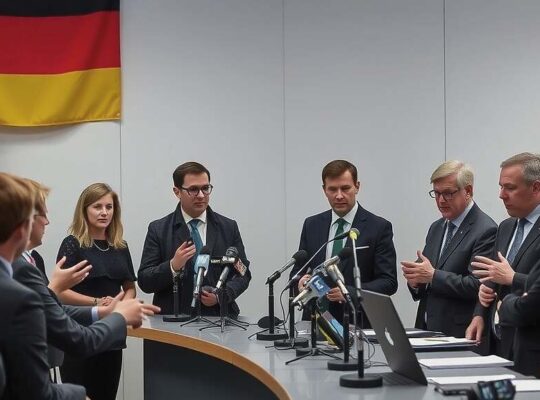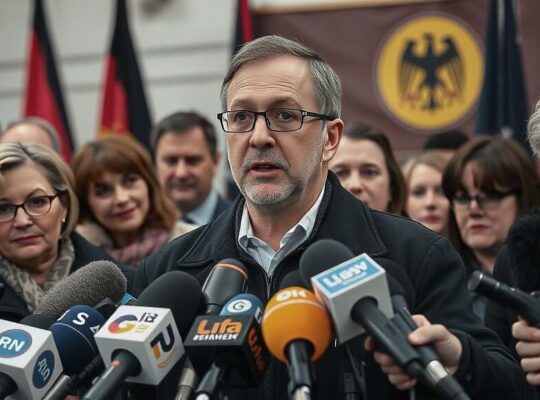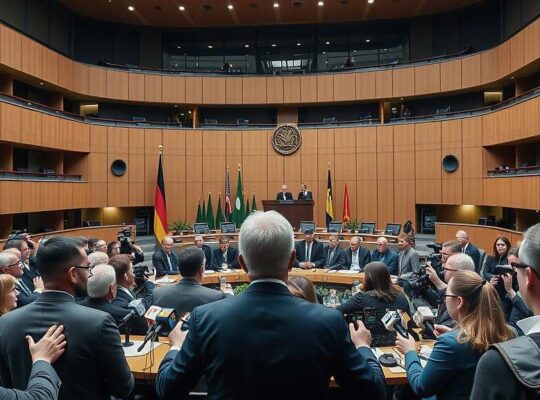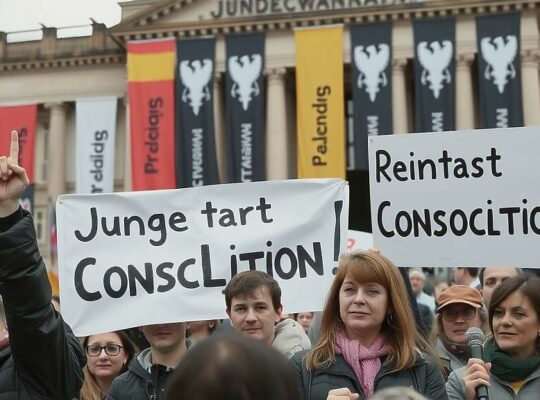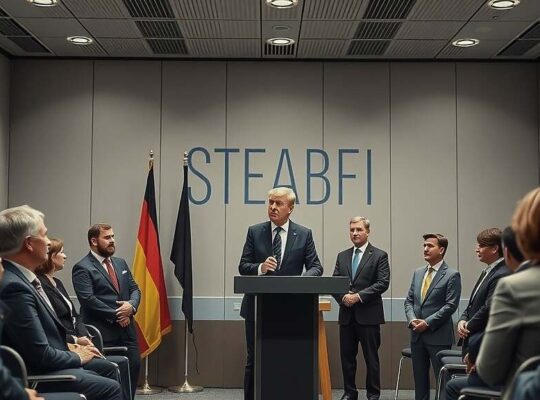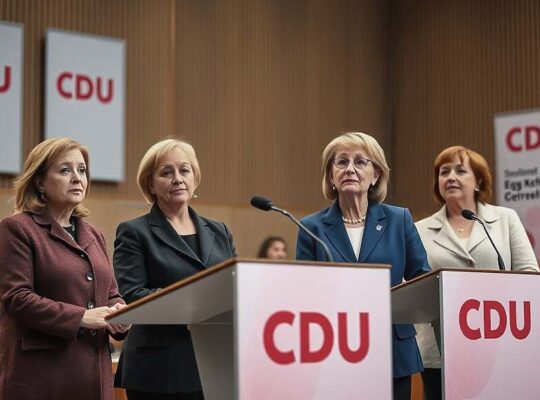The parliamentary path of the German government’s proposed pension reform faces a significant hurdle as the Junge Union (JU), the youth wing of the Christian Democratic Union (CDU), has signaled its firm opposition to the current draft. Johannes Winkel, JU’s chairman, stated unequivocally that the group’s 18 members within the CDU/CSU parliamentary group will not support the bill in its present form, setting the stage for potentially volatile negotiations with the Social Democrats (SPD).
Winkel’s announcement reflects a deepening rift within the ruling coalition. The proposed legislation, already approved by the cabinet, purportedly exceeds the original commitments outlined in the coalition agreement. That agreement stipulated a suspension of the so-called “sustainability factor” until 2031, leaving future arrangements undefined – a compromise now deemed insufficient by the JU.
The potential cost implications have drawn sharp criticism. Winkel emphasized the bill’s projected follow-on costs of over €100 billion, arguing that these concerns were repeatedly raised within internal CDU forums. His decision to publicly challenge the government’s approach, rather than attempting to resolve the impasse privately, highlights a growing frustration with the perceived lack of meaningful engagement with the JU’s concerns.
The political ramifications are substantial. The government’s parliamentary majority is precarious, relying directly on the support of the JU’s representatives. Without their backing, the legislation’s passage through the Bundestag becomes significantly more challenging, forcing the government into potentially uncomfortable concessions. This situation exposes vulnerabilities within the coalition and raises concerns about the stability of Germany’s social security system amidst a backdrop of broader economic uncertainties. The move also underscores the increasing influence of conservative voices within the CDU, potentially shifting the party’s political trajectory and complicating Chancellor Scholz’s ability to deliver on his policy agenda.



